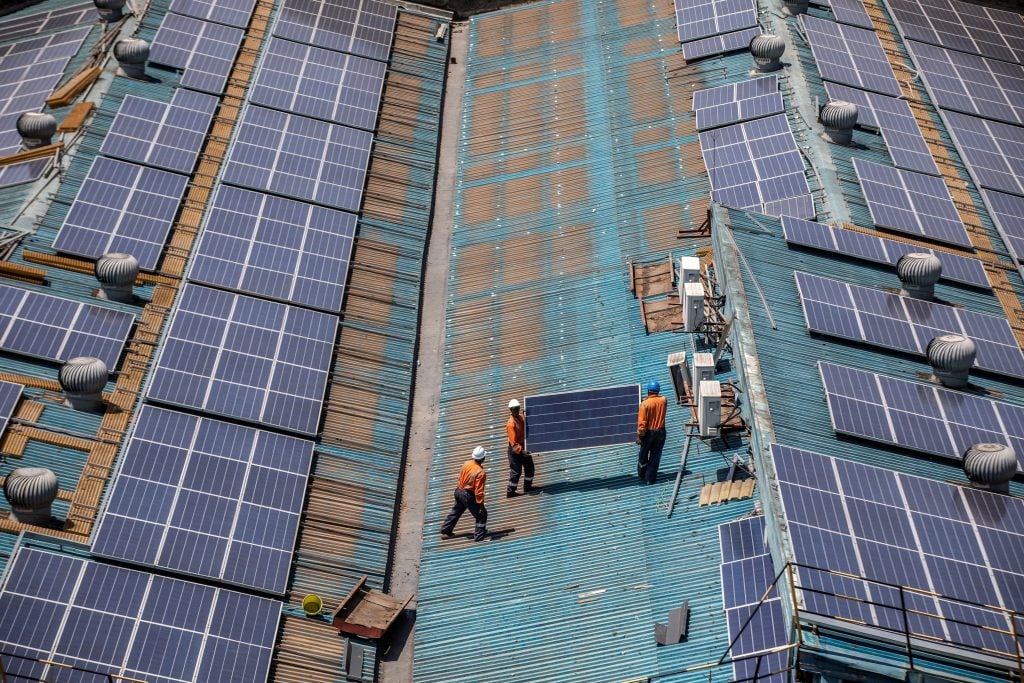
This article is part of a series produced in collaboration with the African Development Bank in light of its sixtieth anniversary. Please visit our dedicated portal to read about the Bank’s history and its activities on the continent.
Twelve African countries presented their national energy compacts at the Africa Energy Summit in Tanzania in January, marking a significant step forward in advancing Mission 300 from plan to action.
These compacts are poised to power the success of Mission 300 – an ambitious initiative launched by the World Bank, the African Development Bank, the Rockefeller Foundation, Global Energy Alliance for People and Planet (GEAPP), and Sustainable Energy for All (SEforALL) aimed at providing electricity access to 300 million Africans by 2030. Nearly 600 million people in Africa, or about half of the continent’s population, currently live without electricity.
Côte d’Ivoire, Nigeria, Tanzania, Liberia and Zambia are among those that unveiled their compacts. The other seven are Chad, Democratic Republic of Congo, Madagascar, Malawi, Mauritania, Niger and Senegal. Additional countries on the continent are expected to follow suit in the coming months.
The national energy compacts outline the concrete steps that policymakers in each country will take to reform their energy sectors, attract capital from private investors, and boost electricity provision. They are time-bound, data-driven, and endorsed at the highest level, ensuring accountability.
Strong focus on renewables
While each country’s action plan is unique, they share key common features – they primarily focus on clean, renewable, and affordable energy, and they all invite the private sector to play a significant role.
For instance, in Liberia—a country of 5.56 million people where electricity access is concentrated in the capital Monrovia and surrounding areas – the government is banking on distributed renewable energy (DRE) to cost-effectively bring electric power to settlements outside Monrovia. Liberia aims to mobilize $70 million of private capital for utility-scale solar and another $80–100 million for DRE and clean cooking initiatives.
Meanwhile, Nigeria is committing to more than double the renewable energy share in its generation mix from 22% to 50%. Africa’s most populous nation plans to increase the rate of electrification from 4% to 9% annually to achieve universal access by 2030. The total financing required to meet these bold goals is estimated at $23.2 billion. Around $15.5 billion is expected to come from the private sector, highlighting the urgent need for reforms to de-risk the energy sector and make it attractive to private investors.
Success is achievable with partnerships
During a high-level panel discussion, African energy and finance ministers expressed their commitment to transform the continent’s power sector through their respective compacts. Ministers from South Africa, Zambia, Kenya, Côte d’Ivoire, and Nigeria emphasized that while each nation faces unique challenges, success in bringing about transformation is achievable.
However, they stressed that success requires political leadership, policy reforms, and private sector participation. All this underlines the need for strong partnerships, stressed Kenya’s Minister of Energy and Petroleum, Opiyo Wandayi.
“To achieve such an ambitious plan that is bound to benefit millions of people, it is not possible to do it alone. The principle of partnership is at the center of our strategy in terms of not only ensuring universal access to electricity but also in implementing our clean cooking strategy,” he stated.
Wale Edun, Nigeria’s Minister of Finance and Coordinating Minister of the Economy, highlighted the need for a major transformation in the country’s energy sector, akin to the revolution in the telecommunications sector brought about by widespread access to mobile phones.
“There was a time when people would say that telephones are for the wealthy, the preserve of the rich. And now everybody has one,” Edun remarked, highlighting the necessity for a similar “revolution” in Nigeria’s energy sector to ensure that every household and business in the country has access to electric power.

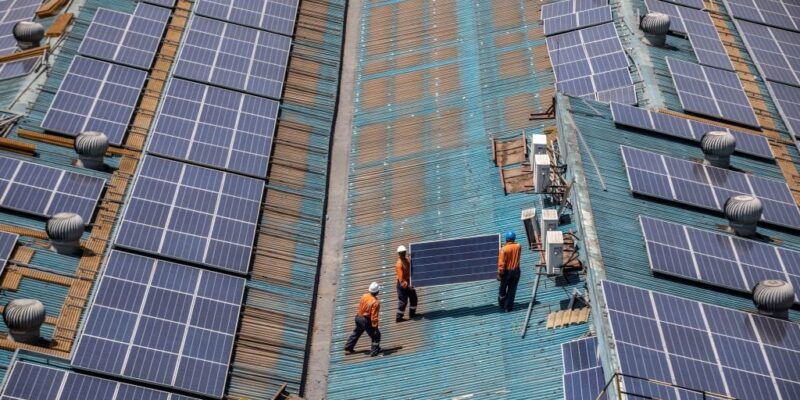



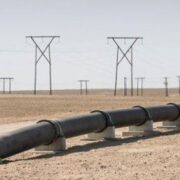
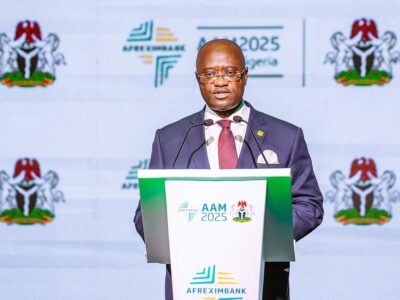
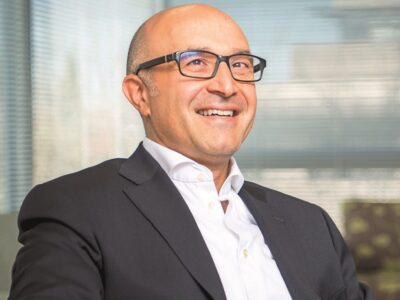
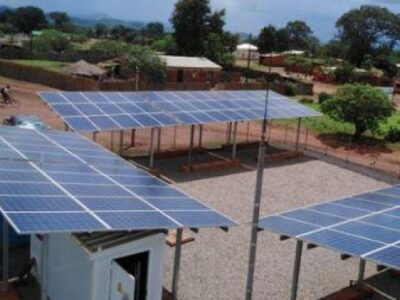


Comments